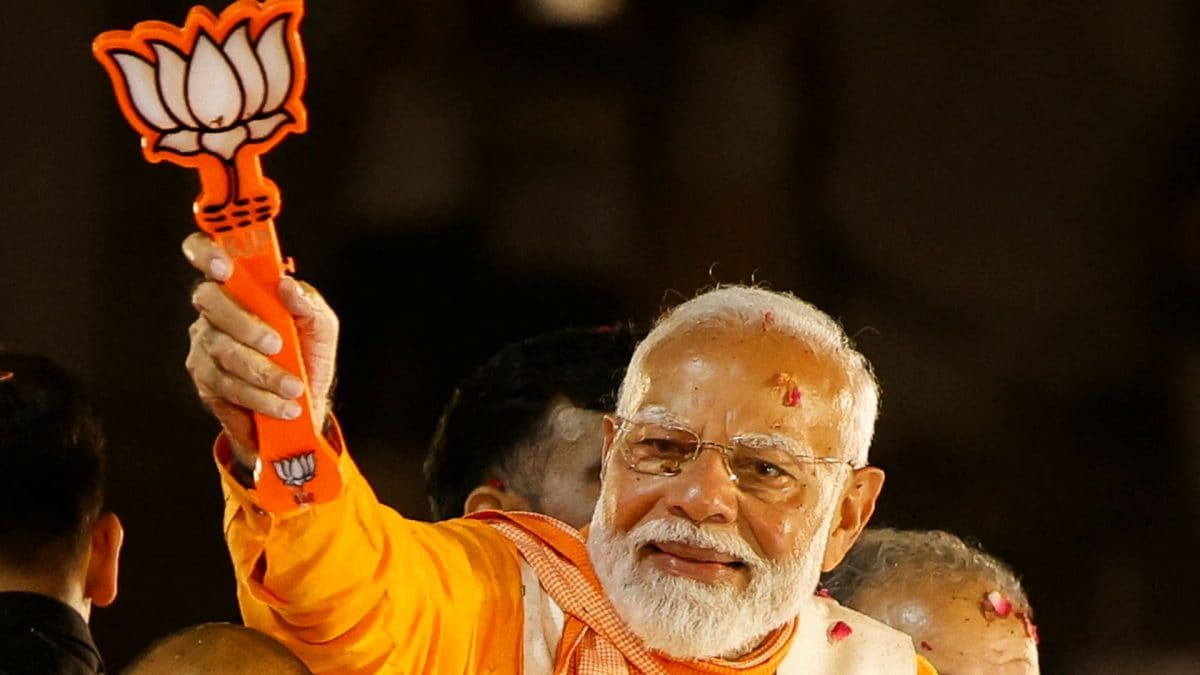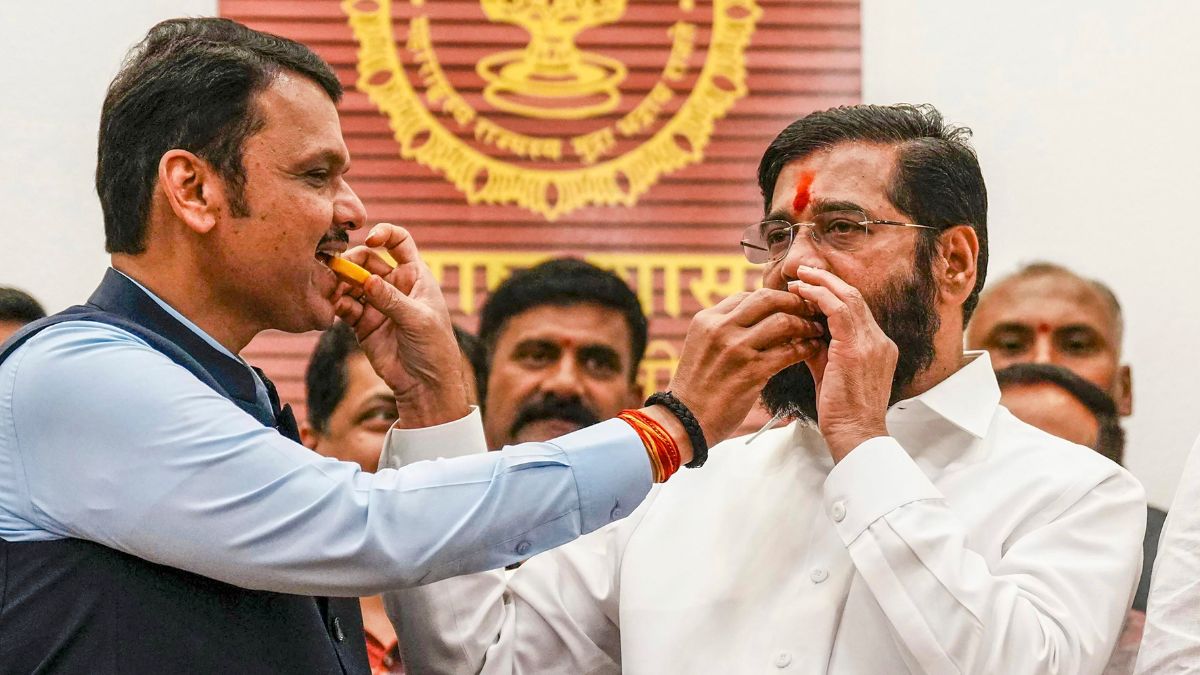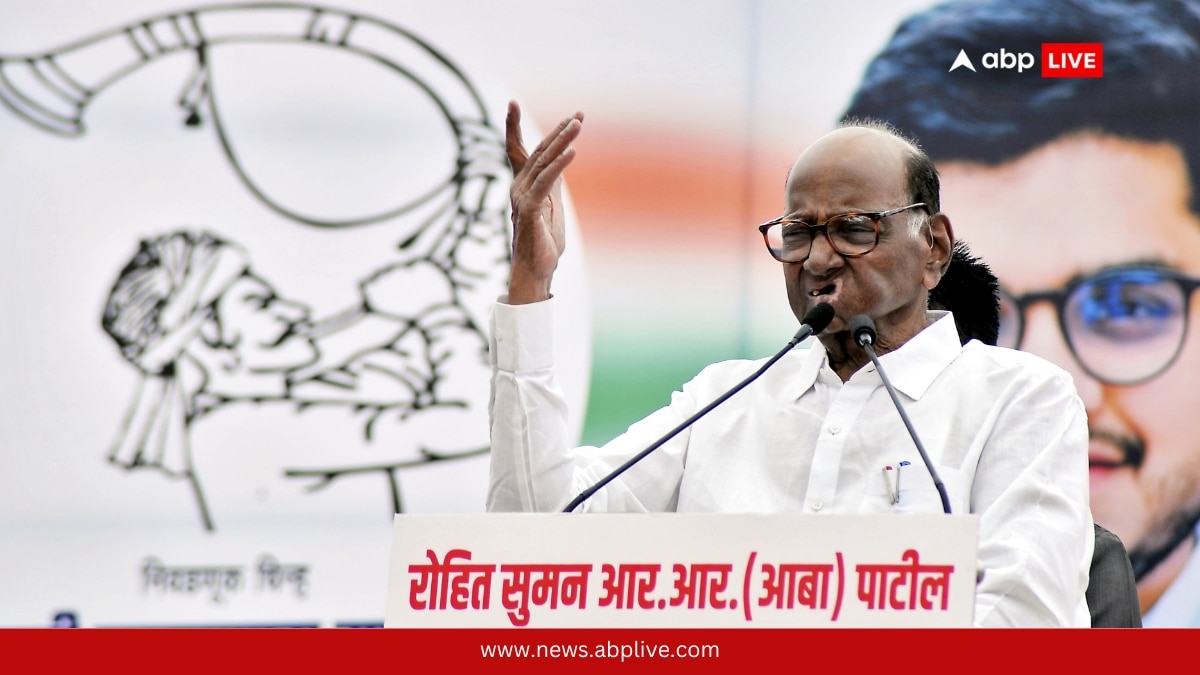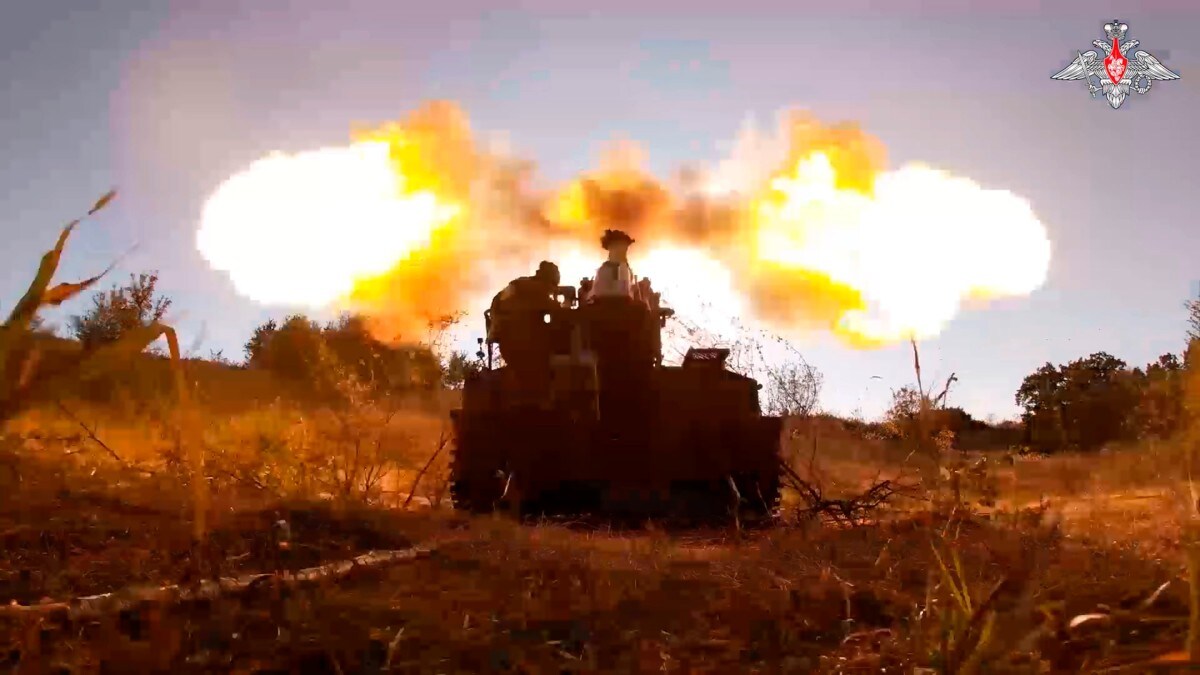
My military career taught me a lot of skills, such as leadership, teamwork, discipline, problem-solving and more. It was a valuable time of my life. It was also the most stressful time of my life.
Many veterans like me experience post traumatic stress disorder. According to the National Center for PTSD, about 7% of all veterans experience PTSD. I joined the U.
S. Army Reserve on Jan. 9, 2001.
I wanted to earn money for school, plus I’d receive health care coverage, part-time pay and retirement benefits. I only planned to join the Reserves. Then, in 2003, I was deployed to Fort Sill in Lawton, where I spent eight months preparing to go overseas to Iraq.
At the time I was a freshman at the University of Oklahoma and requested a military leave of absence. I was a human resources specialist and worked on certifying fuel-testing units. People are also reading.
.. Mike Gundy sends message to Oklahoma State football fans 2024 election results for Tulsa and Oklahoma A former Sooner will be Mike Gundy's last resort at QB this season More signs point to Meta data center coming to Tulsa McAlester places head football coach Forrest Mazey on administrative leave Berry Tramel: Does Mike Gundy still want to coach; Do OSU donors still want him to? Oklahoma State announces second-half kickoff time vs Arizona State following weather delay Monroe Nichols wins in convincing fashion to become Tulsa's 41st mayor OSU veterinary school placed on probationary accreditation, dean steps down ‘It just looked erratic’: Gundy expressed frustration with coaching following ASU loss Voter Guide: Tulsa mayor, city council, Legislature, Congress, judges, state questions Tulsa mayoral election map: A breakdown by precinct of how Tulsa voted Oklahoma State president releases statement following Mike Gundy comments Electric vehicle startup Canoo furloughs workers in Oklahoma City City releases final version of Cry Baby Hill roadside attraction statue Later, I switched to a Quartermaster Direct Support unit, which provided fuel, water and supplies.
In November, my unit was activated, and by early 2004 I was in Kuwait. I ended up at Camp Al Taqaddum outside of Fallujah, Iraq. My unit was under the U.
S. 1st Infantry Division. I helped haul fuel and water and provided technical assistance.
I was a human resources specialist non-combative, but I volunteered to aid the convoy missions. I spent most of my time riding in fuel tankers as a gunner. I was there for 12 months, and at 20 years old I was promoted to sergeant.
In an active war zone, there is always a heightened level of stress. Your mind can’t shut off. You’re always expecting and preparing for something to happen.
For my actions during this time, I received a combat action badge and a driver’s badge. Coming back to civilian life was challenging. In the military, so much of your time is structured.
You know exactly when to eat, sleep, complete missions, etc. There really isn’t a lot of time that’s not scheduled. I went back to school and pursued an undergraduate degree while continuing my military career as a trainer.
I graduated from OU in 2008 with a bachelor’s degree in sociology with an emphasis on criminology, and I completed my military service the following year. Adjusting to life outside the military was a struggle. I found myself quick to anger, depressed, stressed and suppressing my feelings.
Luckily, I had a strong support system filled with family and friends who were not afraid to voice their concerns. They noticed my changing behavior. I was quieter, isolated and, of course, they saw my bursts of anger.
But they didn’t give up on me. It took some time, but they persuaded me to seek professional help. I made an appointment with Veterans Affairs.
It was a long and sometimes difficult process to navigate, but I didn’t give up. The mental health specialists diagnosed me with PTSD and recommended counseling services. I believe counseling saved my life.
Group counseling opened my eyes to the fact that I wasn’t alone. In the military there’s a perception that you need be tough. You can’t show weakness, and talking about your feelings is a big sign of weakness.
I can tell you, there is strength in knowing you are not alone. Knowing that others have experienced the same things helped me understand why I kept having feelings of anxiousness, depression, fear and anger. My group sessions sparked my curiosity about PTSD.
Like most, I thought PTSD was having night terrors or flashbacks, things you see on TV and in movies. PTSD is everything that I was experiencing. It’s the feeling of not being able to relax, the fear of always being in danger, depression, isolation, memory problems, difficulty concentrating, trouble sleeping and more.
Discovering this, I knew I wanted to help others. With the help of my G.I.
Bill, I went back to college to become a licensed professional counselor. The best advice that I can offer anyone struggling with PTSD is to talk with someone. The right resources and support can bring you peace and happiness.
Remember, you're not alone in this fight..














